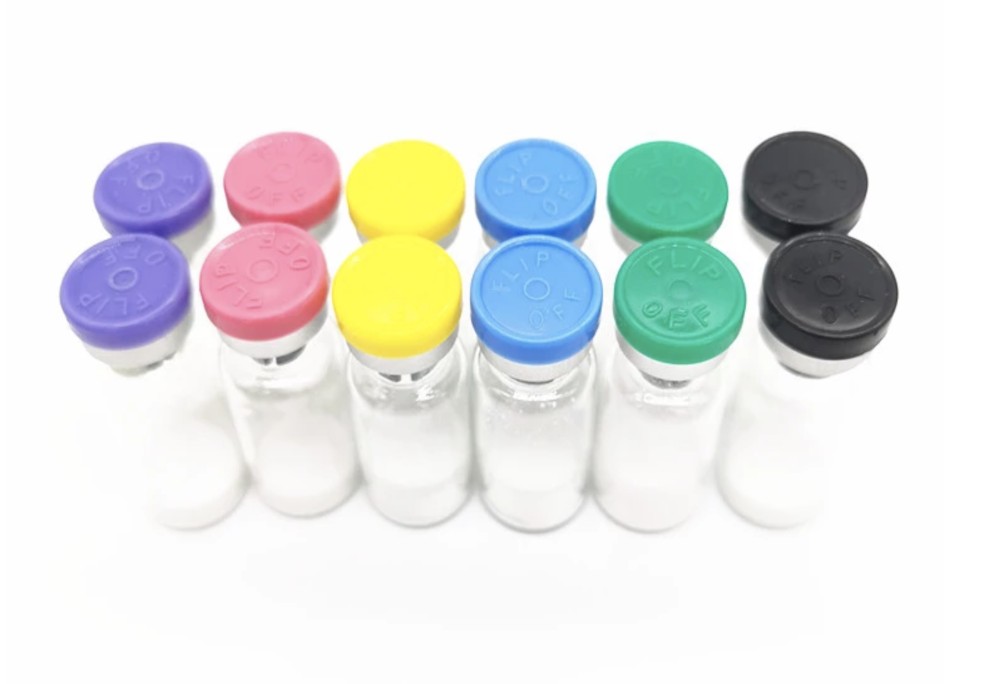KPV is a potent anti-inflammatory peptide that can help many conditions. Most of the research involved is targeting the treatment of IBD (irritable bowel disease) where results have been very positive. KPV is shown to be safe when administered orally, subcutaneously and topically. KPV is a naturally derived peptide without any notable side effects. Research has shown that KPV offers a host of benefits that speed wound healing, reduce infection and fight inflammation.
KPV also has antimicrobial effects against pathogens. Its antimicrobial effects were demonstrated on two major pathogens called S. aureus and C. albicans. In one study, KPV significantly inhibited S. aureus from forming colonies. KPV, with its anti-inflammatory and anti-microbial properties, can be very helpful for combatting these microbes and healing wounds.
Wound Healing/Skin
Research in wound healing shows KPV can speed wound healing, reduce infection, fight inflammation, and lead to better cosmetic results. These benefits occur at physiologic concentrations which means KPV could help prevent infection in the setting of serious wounds like burns.
KPV is able to reduce the kind of inflammation that leads to a hypertrophic scar (keloid) formation. Administering KPV (a-MSH) in this setting leads to smaller scars and less drastic inflammatory response. Part of the benefit in reducing scar prominence appears to come from its ability to modulate collagen metabolism.
KPV has significant antimicrobial and anti-inflammatory properties especially in those with psoriasis. Psoriasis is a chronic autoimmune condition that causes the rapid build-up of skin cells and is usually treated using hydrocortis. In people with psoriasis, KPV has shown to limit symptoms of the condition including itchiness, dryness, redness, peeling, and more. daher, KPV could be used for an extended period of time without risking the unwanted complications of long-term steroid therapy.






















